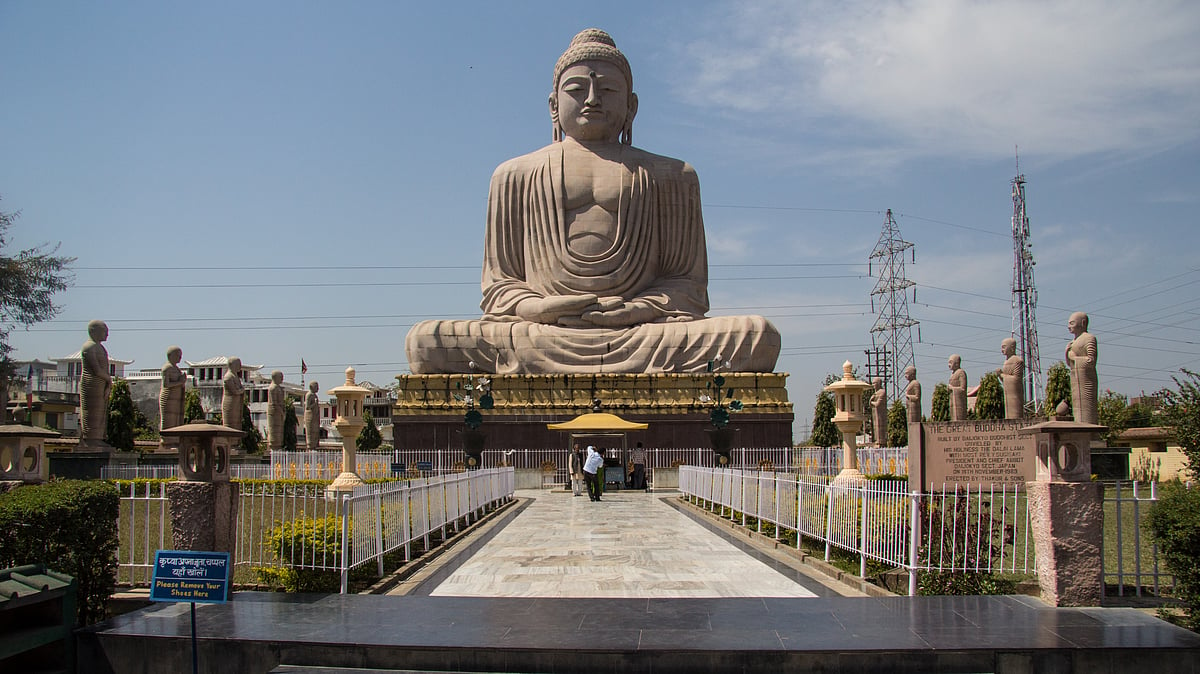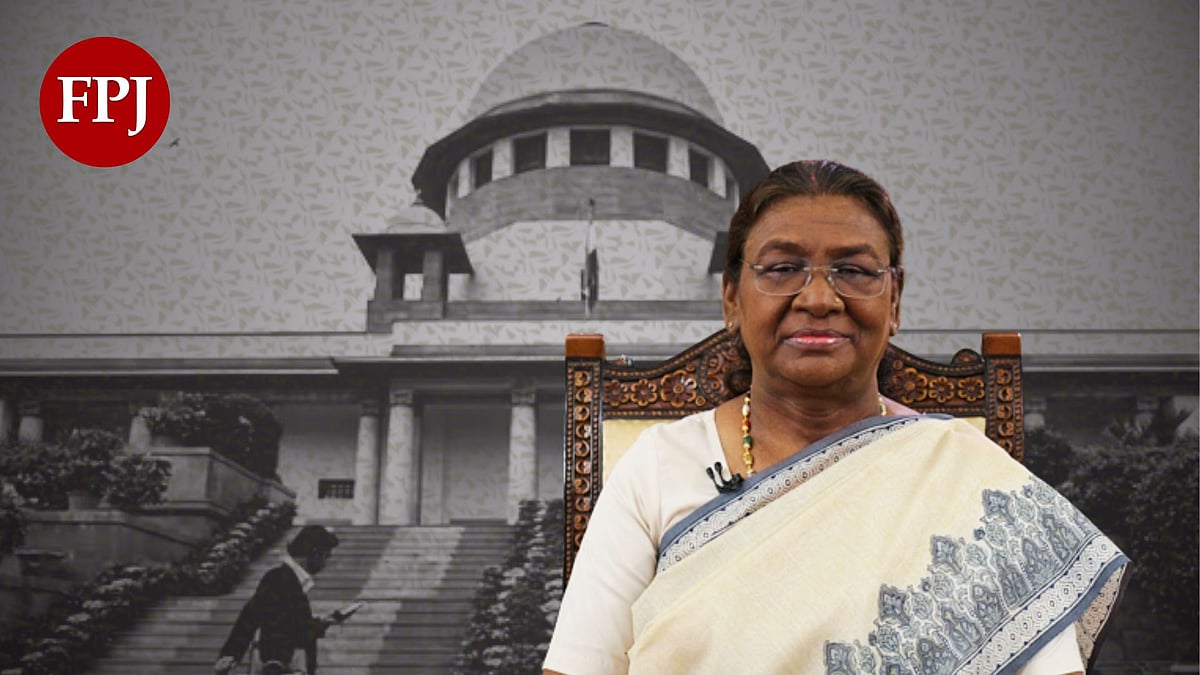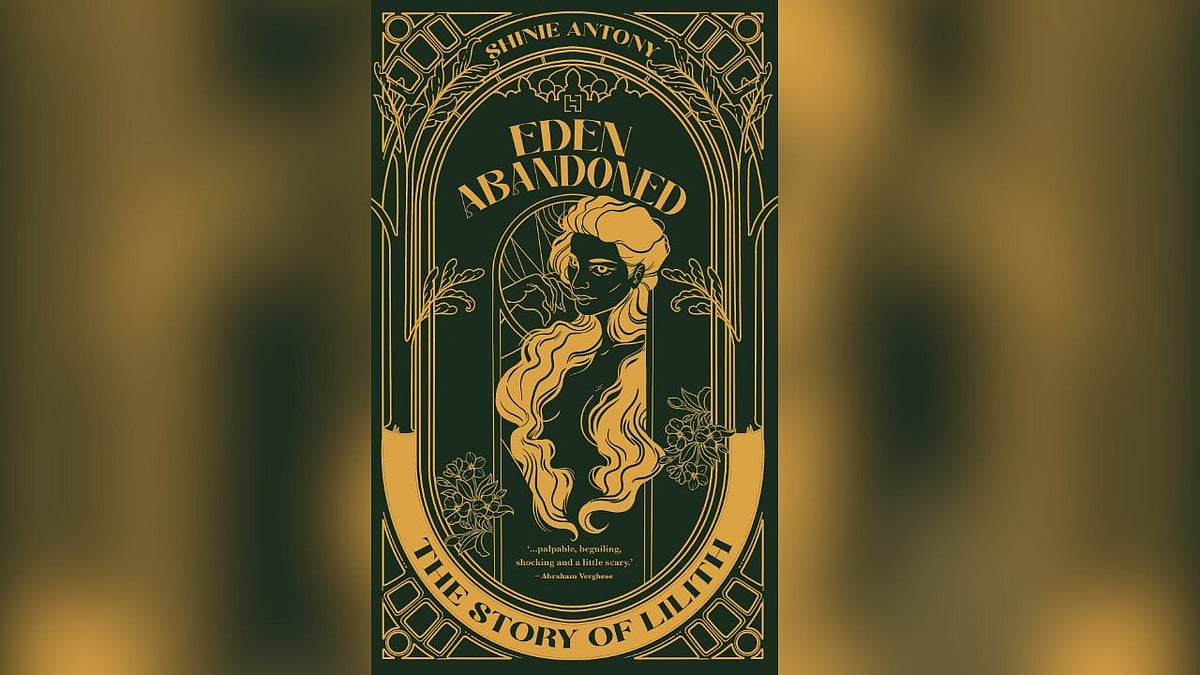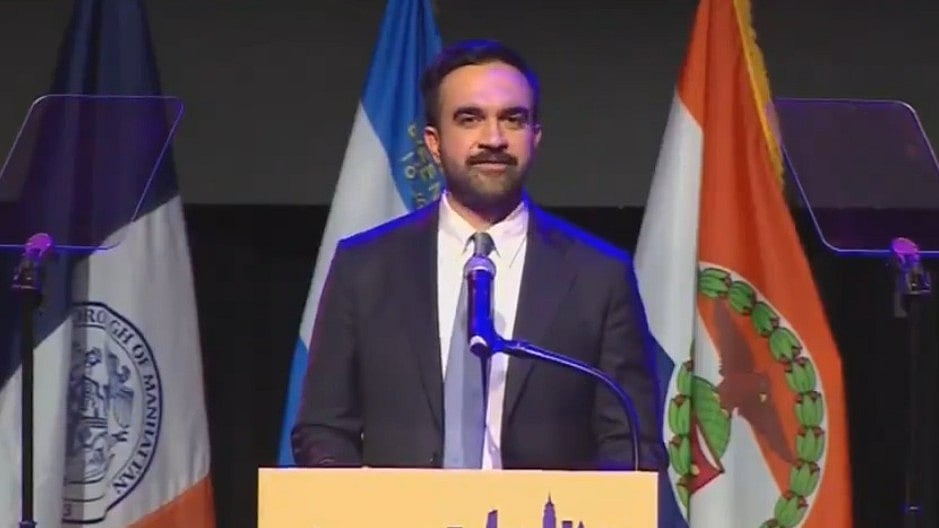When we look at the history of the Indian Independence movement, one thing is very clear – the role played by communal parties in creating psychosis of fear and otherisation of people. No one did this better than the head of the Muslim League, Mohammad Ali Jinnah. How he believed the two main communities of this great land – Hindus and Muslims – constituted two different nations. According to him, Partition was needed to protect the interests of Muslims in India and prevent the designs of the majority community to impose their way of life on others. The need for an independent Pakistan, according to Jinnah, was to protect Islam.
For a man who was more comfortable in suits rather than sherwanis, in English rather than Urdu, and in London rather than Lahore – Jinnah made a persuasive case for Partition. And these calls which emphasised the separateness of the Muslim voters and the demands for Partition, were backed by threats of violence. Often cities burned as Jinnah unleashed his minions.
Jinnah narrative
The narrative of Muslims in danger was played out many times by Jinnah in his attempt to convince the British and his former colleagues in the Indian National Congress that without Pakistan, Independence would not be possible. It was this narrative that swayed the British and the elite class in both the eastern and western parts of India to the idea of Pakistan.
Unlike the Nehru-led Indian National Congress that was firm on universal franchise, the Muslim League believed that voting came with caveats. You needed to be a graduate or own property. Less than 20 per cent of the electorate was eligible to cast their vote and they voted overwhelmingly for a separate state.
In the decades since Independence, Pakistan has used this line many times to defend itself against charges of fostering terrorism, breaking international law and playing dirty in international relations. It has lied, cheated and stolen its way out of trouble and cried to the world that it was the victim of the machinations of a larger neighbour, India. And time and again, the free world led by the US, believed them.
‘Ideological threat’
But what is more interesting is not the fact that the Americans were played for fools – but the fact that this is the overwhelming narrative that has been sold to the people of Pakistan. When we look at the World Cup and their Waqar Younis’s comments about a Pakistani player offering prayers before a Hindu crowd meaning as much to him as the victory – it comes out of this narrative of feeling threatened ideologically and in terms of existence.
Waqar later apologised, probably because of the uproar. But the fact remains that he felt that this act – someone offering prayers, something you and I would take as normal – was special, comes from this deep-rooted insecurity. And that is a product of the constant emphasis on religion, identity, purity, and why ‘their way’ is the best way of all.
And this act has lessons for India. The narrative of ‘Hindu khatre mein hai’ (Hindus are in danger) has been going on for some time. In the post-Independence period, it started with Godse murdering Gandhi. Godse’s belief was that Hindus were in danger because of Gandhi’s actions, and it was his duty to murder Gandhi to roll back those dangers. The action that the first home minister of India took against radical groups went a long way to keeping the peace.
Hindu fundamentalism
In the post-liberalisation era and since the demolition of the Babri Masjid, there has been an increase in Hindu fundamentalist activity. Most of it is based around the concept that the ‘faith’ of millions is in danger and that only the fundamentalists can keep it safe from corruption. A combination of mass media and cheap mass communication tools have enabled local protests to go national. In each of these, those who are the target of the fundamentalists have had to capitulate.
We saw that faced with violent protests, M F Husain fled the nation. Hindu fundamentalists had declared that they found his paintings offensive. It has happened many times before, in different shapes and forms. We saw the murder of Gauri Lankesh by radicalised gunmen (we can’t call them terrorists).
We saw capitulation by Sanjay Leela Bhansali over the movie Padmaavat. The Karni Sena threatened to chop off Deepika Padukone’s nose, vandalised the sets, and got producer Sanjay Leela Bhansali to change the name and make cuts to the film – the threat of violence brings compliance. We saw this last year, with the Tata brand Tanishq bleating out an apology. And this year, we have seen fundamentalists beating back Dabur and Fabindia. No one wants violence.
Fostering hate
The groups protesting over the supposed affront to Hinduism are well-organised and may not even be all-Indian. Like Jinnah, many of them probably feel more at home in the west. Yet, when it comes to the rest of us – there seems to be a need to impose a standard of ‘Hinduness’ as defined by these online mobs. The threat to life, limb, and business is too high if you don’t comply. And they are backed by private media houses, who are happy to foster hatred, because it brings them revenue.
This is what we need to be super-wary about. Pakistan is not the role model for any country. Born of a lie, bred with untruths – it has committed genocide in Bangladesh, terrorism in many parts of the world, and injustice in its own land – because of this narrative.
Jinnah left India and his beloved Bombay in 1947, never to return. But he seems to have left behind his spiritual inheritors in India. And it is these people who callously use religion for petty power, that we collectively need to be wary about. Hinduism is in danger – but not from other religions, or even the non-observant or modern amongst us. It is in danger from the online Hindu fundamentalists – the spiritual children of Jinnah – who would like to make their narrow, humourless, colourless view of the world as the defining quality of being Hinduism. And that is what we need to stop.
The writer works at the intersection of digital content, technology and audiences. She is a writer, columnist, visiting faculty and filmmaker









